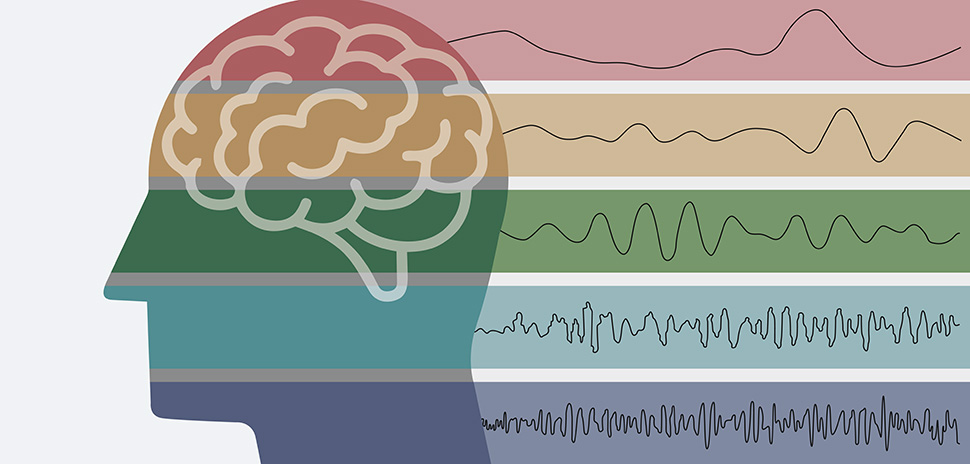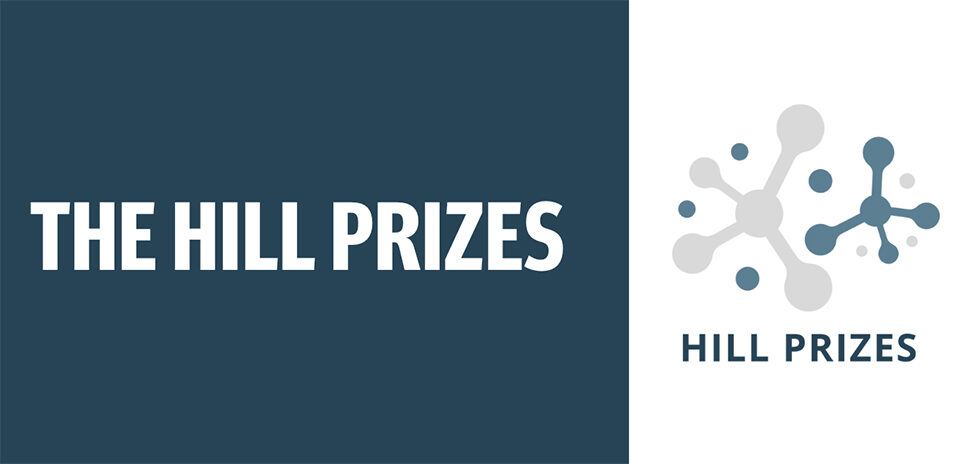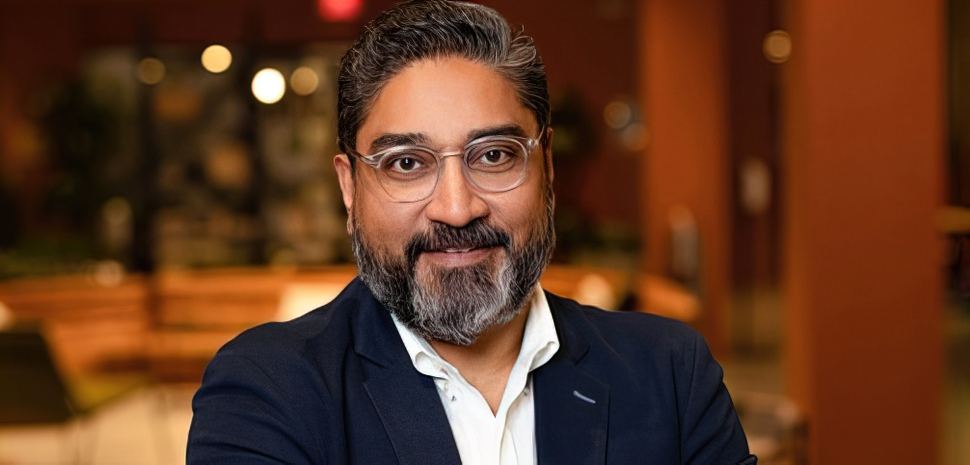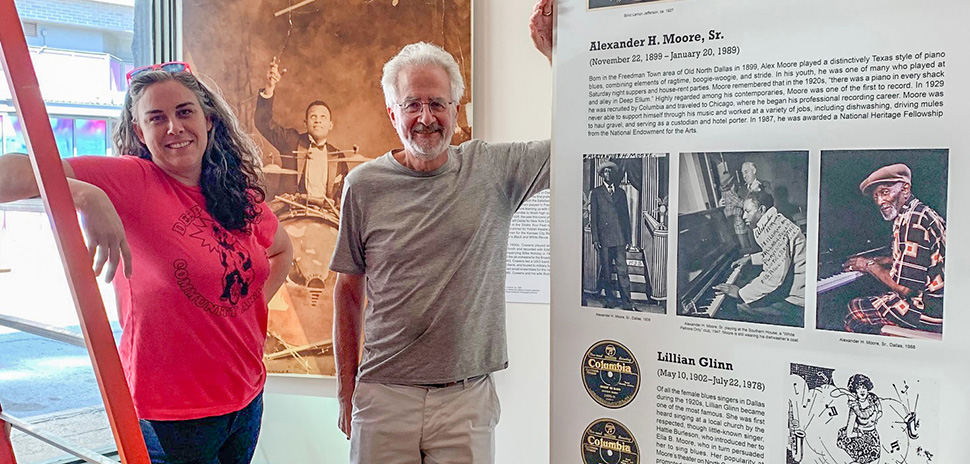What once would have been thought of as science fiction has become science fact.
Researchers at UT Southwestern Medical Center in Dallas have developed a device that can isolate blood flow to the brain, keeping it alive and functioning independent from the rest of the body for several hours. The research could lead to advances in understanding how the brain controls functions in the body.
“This novel method enables research that focuses on the brain independent of the body, allowing us to answer physiological questions in a way that has never been done,”
Juan Pascual, M.D., Ph.D., professor of neurology, pediatrics, and physiology, and in the Eugene McDermott Center for Human Growth and Development at UT Southwestern, said in a statement.
Pascual is a member of the Peter O’Donnell Jr. Brain Institute at UTSW and holds the Ed and Sue Rose Distinguished Professorship in Neurology and The Once Upon a Time Foundation Professorship in Pediatric Neurologic Diseases.
UTSW said the device was tested using a pig brain model and was described in Scientific Reports.
It could lead to new ways to study the human brain without influence from other bodily functions, UTSW said. Also, it could inform the design of machines for cardiopulmonary bypass that better replicate natural blood flow to the brain.
Studying the brain without the body’s influence
UTSW said these findings build on earlier research by Pascual and his colleagues.
The brain is master control for a variety of processes, such as regulating heart rate, breathing, and sleep and wake cycles, among other processes. Its function is affected by factors that originate in the body, such as blood sugar, blood pressure, and oxygenation.
Until now, Pascual said there has been no way to separate the brain from the body to study these influences.
UTSW said that in an animal model using anesthesia, researchers redirected the brain’s blood supply through a pump that maintained or adjusted a range of variables, including blood pressure, volume, temperature, oxygenation, and nutrients.
They discovered that brain activity and other measurements had minimal to no changes over a five-hour period, UTSW said.
Isolating the brain, researchers are able to manipulate inputs to this organ to study how they change brain function without the body’s influence.
Pascual said, for example, the team already has used this system to better understand the effects of hypoglycemia (low blood sugar) in the absence of other factors. Although scientists can induce hypoglycemia by restricting food intake in lab animals or dosing them with insulin, the body can partially compensate for either of these scenarios by altering metabolism, in turn, altering the brain.
UTSW said that in contrast, the new device permits researchers to alter the glucose content directly in blood pumped to the brain.
Cardiopulmonary bypass devices replicate some functions of the heart and lungs, delivering a continuous flow of oxygenated blood throughout the body.
The new device delivers blood using a pulsative flow, much like the human heart, a difference that may prevent brain-related side effects sometimes caused by cardiopulmonary bypass machines, UTSW said.
Pascual said this device has been patented to test its effectiveness for this indication.
A team effort
Other UTSW researchers who contributed to this study include co-first authors Muhammed Shariff, visiting junior researcher in neurology, and Aksharkumar Dobariya, M.S., graduate student researcher in biomedical engineering; Bret Evers, M.D., Ph.D., assistant professor of pathology and ophthalmology; Ulrike Hoffmann, M.D., Ph.D., assistant professor of anesthesiology and pain management and neurological surgery; Vikram Jakkamsetti, Ph.D., instructor of neurology; Michael Jessen, M.D., professor and chair of cardiovascular and thoracic surgery; Bruce Mickey, M.D., professor emeritus of neurological surgery; Matthias Peltz, M.D., professor of cardiovascular and thoracic surgery and surgical director of cardiac transplant; Cameron Longfellow, perfusionist; Debra Douglass, chief perfusionist; Levi Good, Ph.D., visiting senior researcher in neurology; Gauri Kathote, data scientist in neurology; Gus Angulo, research technician in neurology; Qian Ma, M.D., Ph.D., senior research scientist in neurology; Ronnie Brown, senior research associate in neurological surgery; Misha Dunbar, DVM, senior staff veterinarian; John Shelton, lab manager; and Sourav Patnaik, senior biomedical engineering specialist.
One of the nation’s top academic medical centers, UT Southwestern integrates pioneering biomedical research with exceptional clinical care and education.
Its faculty members have received six Nobel Prizes and include 26 members of the National Academy of Sciences, 20 members of the National Academy of Medicine, and 14 Howard Hughes Medical Institute Investigators.
The full-time faculty of more than 3,100 is responsible for groundbreaking medical advances and is committed to translating science-driven research quickly to new clinical treatments, UTSW said. Its physicians provide care in more than 80 specialties to more than 120,000 hospitalized patients, more than 360,000 emergency room cases, and oversee nearly 5 million outpatient visits a year.
![]()
Get on the list.
Dallas Innovates, every day.
Sign up to keep your eye on what’s new and next in Dallas-Fort Worth, every day.


































































